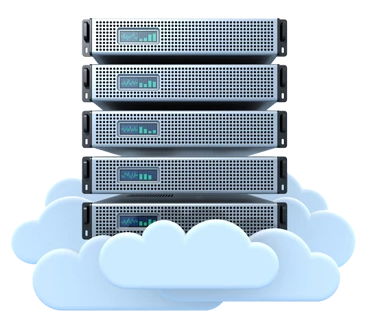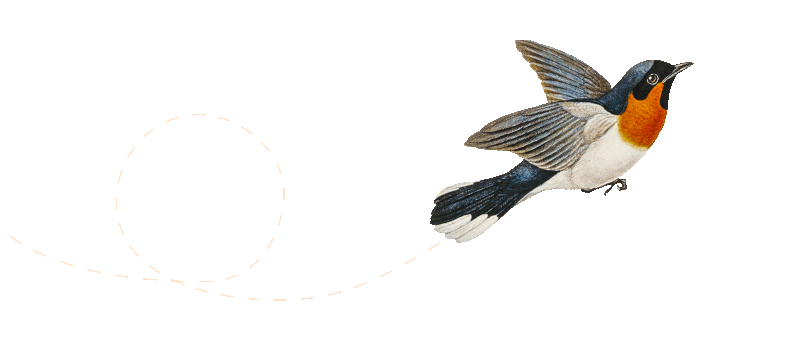Have you ever wondered how websites actually work? They’re like digital homes on the internet, and just like physical homes need a physical address, websites need a place to live online too. This “address” is called a domain, which is the name your website is given so people can find it. Needless to say, it’s a crucial part of how we navigate the internet. Let’s dive into the world of hosted domains to understand them better.
What is a Domain?
Think of a domain as your house’s address on the internet. It’s a unique combination of letters, numbers, and sometimes hyphens that helps people find and visit your website. For example, “google.com” is a domain that directs you to Google’s website.
Hosted Domain: The Digital Land for Your Website
Now, let’s talk about hosting. When you create a website, it’s made up of files, images, and other content. To make these files accessible to anyone on the internet, you need a special computer called a “server”. This is where hosting comes into play.
How Hosting Works
Imagine you have a collection of stories (your website’s content) that you want to share with others. Instead of keeping these stories in a physical notebook, you store them in a digital locker (the server). This locker is always connected to the internet so that anyone, anywhere can read your stories (access your website).
When you purchase hosting for your domain, you’re essentially renting space in a digital locker (server). This space allows you to store all the files that make up your website, such as text, images, videos, and more.
A hosted domain is like renting a plot of land (server space) where you can build your website (store your website’s files). The server stores your website’s files and data, and when someone types your domain into their web browser, the server delivers those files, allowing people to see your website.
Why Do We Need Domains?
Hosted domains are essential because they make websites accessible to anyone with an internet connection. Without a domain, your website would just be a bunch of files stored on a server and nobody would be able to find it. But, with a hosted domain, people from around the world can easily access and interact with your website.
Think of hosted domains as the addresses that guide internet users to the right “digital houses” they want to visit. Just like you need a specific address to find a friend’s house, you need a domain to find a website.


